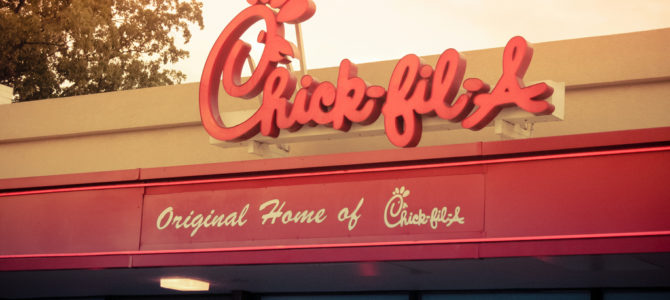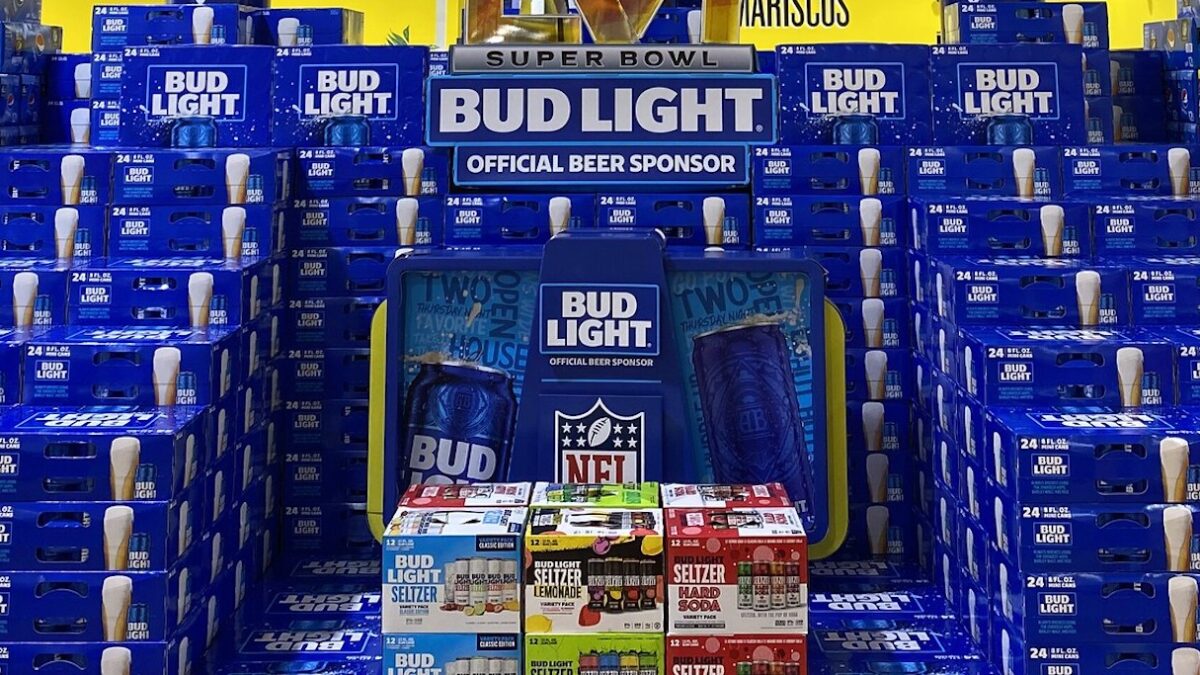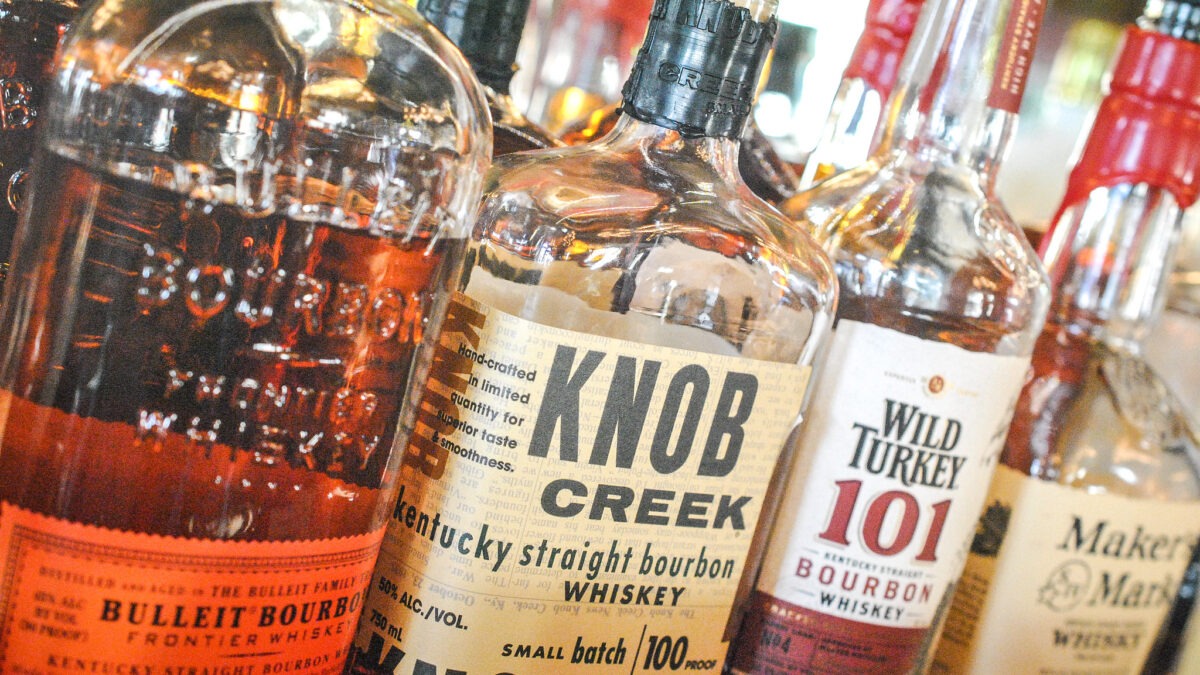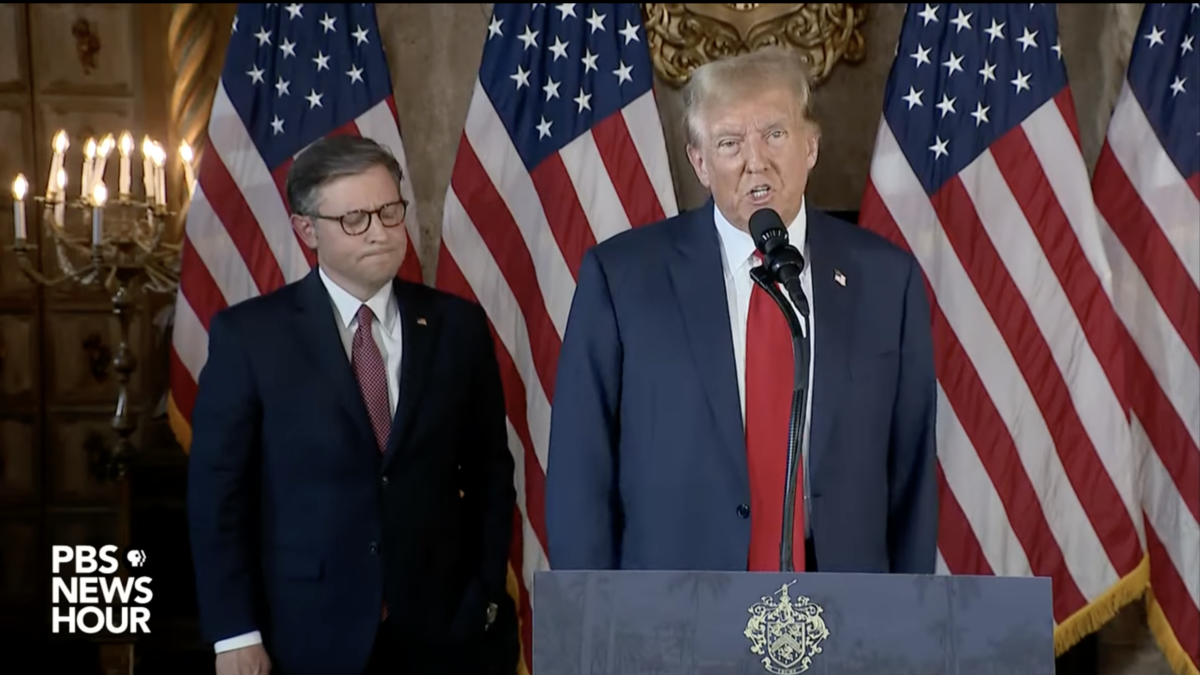
This June it looked like Noah crashed into Manhattan and every big box store decided to shower his ark with congratulatory rainbows. Pride coated Fifth Avenue.
Kenneth Cole sold rainbow-striped shoes: “tied with pride.” Gap dressed up its mannequins in shirts that read “WE ARE ONE” in rainbow letters. Perhaps in a game of mannequin one-upmanship, Tommy Hilfiger brightened up same-sex mannequin couples in their summer catalogue.
But at the Chick-fil-A a few blocks down and one street over — on the corner of Sixth Avenue and 46th Street — it looked like pride’s shimmery finger missed a spot.
That’s no surprise. Chick-fil-A has ignored the movement since company president Dan Cathy came out of the closet about his same-sex marriage opposition in 2012. As an entity, however, Chick-fil-A doesn’t take a public stance on LGBTQ issues. It hawks chicken — and that’s why people keep going.
But you’d never know it from looking online. The company took a shellacking when Twitter CEO Jack Dorsey posted that he had just eaten at the restaurant. Pride lovers everywhere drummed Dorsey for his philistine insensitivity: Since Chick-fil-A doesn’t celebrate gay rights, it should be shamed, they said.
The most extreme statement came from Noah Michelson at The Huffington Post, who decreed, “If you care about queer people ― or you yourself are queer ― you have absolutely no business eating at Chick-fil-A. Ever. It’s really that straightforward.” Well, not really.
The other day, I went in to get a milkshake. It was so crowded with people hauling their bags from places like Tommy Hilfiger and GAP on Fifth that I couldn’t sit down. It’s always that way. So I walked half a block down to a shady plaza where I could drink in peace.
Chick-fil-A cups and bags overflowed from the trash cans set up in the plaza: leftovers from the lunch hour. At the end of the workday, a family ate their fried chicken meal about 10 tables over from me.
Several minutes later, two women laden with chicken sandwiches, fries, and shakes walked into the plaza. A bit jealous that they had the full meal while I was stuck with a paltry milkshake, I struck up a conversation. They introduced themselves as Kathy and Merlinda, Chick-fil-A newcomers. They only started eating there when they heard about the restaurant from their friends this month.
I asked if they know that Chick-fil-A doesn’t celebrate the pride movement.
“Well, yeah,” Kathy said. “But I say whatever.”
Merlinda picked up her sandwich.
“They make good chicken and they have great customer service,” she said.
I asked about the recent LGBTQ criticisms in the media.
“Yeah, I think that’s just people being overly sensitive,” Merlinda said.
As I walked away from the plaza in a vain attempt to find an unstuffed trash can for my now-empty milkshake, I passed Chick-fil-A again: still packed.
Chick-fil-A critics — Michelson and so many like him — misunderstand how pride relates to corporate endorsements (or non-endorsements, in Chick-fil-A’s case). The rainbow logos at Starbucks and special Pride Month deals at GAP have little to do with “caring about queer people.” They’re about making money. Corporate Pride succeeds because it adopts a popular cause, slaps it on some T-shirts in a Bangladeshi sweatshop, and sells them at deluxe-edition prices to the suckers on the street.
But forcing people to swear allegiance to an ideology based their shopping habits flattens out the cause’s original meaning into a lame slogan millions of eyes slide past every day. Pride meant something in 2015, when for a moment, the nation really cared about whether LGBTQ people needed marriage to live dignified lives.
Obergefell v. Hodges was an interesting and legally misguided investigation, and it didn’t provide a full answer. The displays on Fifth Avenue don’t give one either; they trivialize the issue into banality.
That’s the great irony of Corporate Pride. By monetizing the serious question of treating LGBTQ people with respect, corporations have put consumers in a tough position. When faced with the choice of ideological shopping or buying consumer products simply for personal satisfaction, most people choose the latter.
Chick-fil-A doesn’t care about fads. Its continued popularity proves that — in this case — consumer desire for satisfaction is stronger than trendy ideology. The company may not be very cool on Twitter, but it will succeed as long as it keeps making good fried chicken. It’s really that straightforward.









